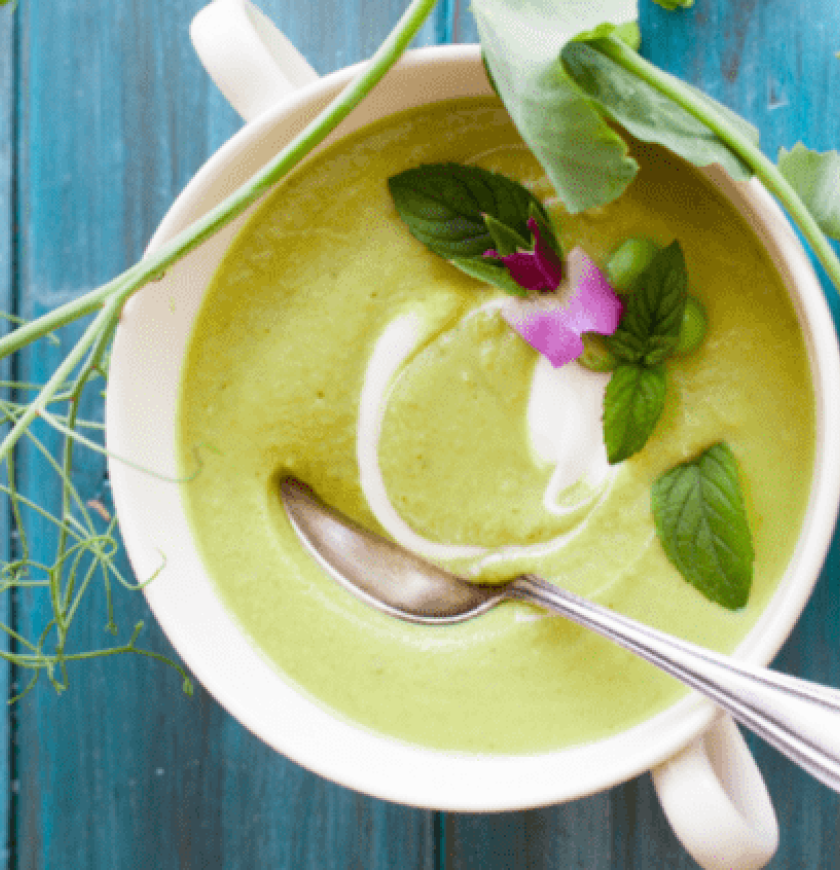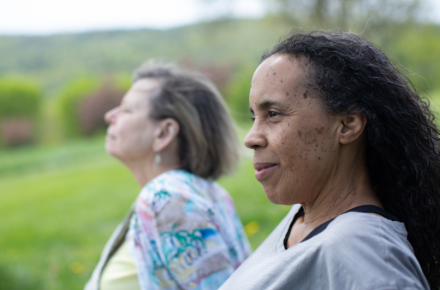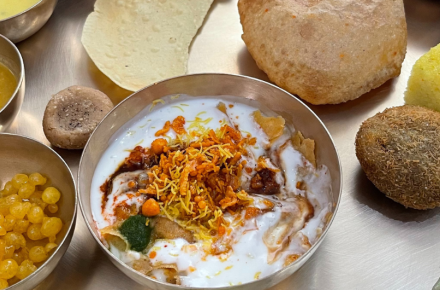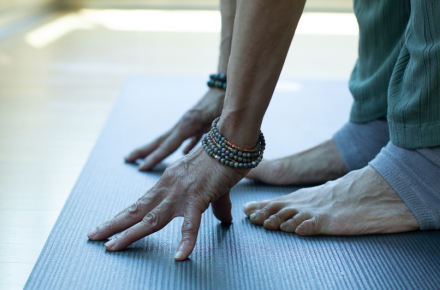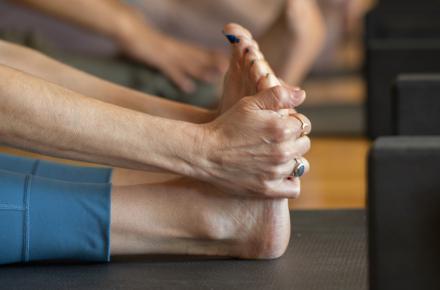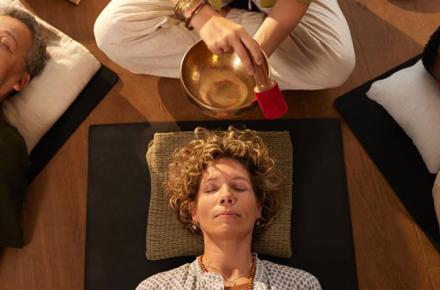Don’t Hurt Your (Gut) Feelings

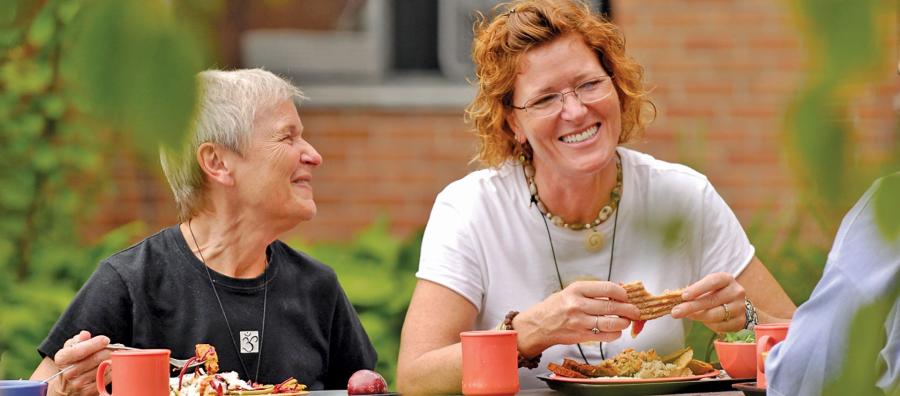
Taking time to sit down, relax, dine, and digest your food are much-revered, well-studied, health-promoting practices. There are even well-studied benefits of taking a short rest or “siesta” after the meal to help the body efficiently digest a meal. Furthermore, Ayurvedic texts state that lying on your left side or resting after a meal will boost digestive strength and ward off an after-the-big-meal crash by allowing the food to be properly digested and released from the stomach naturally. Modern science supports these ancient principles, suggesting that taking time to relax and eat, taking rest after the meal, and/or taking a walk after the meal—all traditional Ayurvedic techniques—will help to strengthen digestion, support weight loss, and balance blood sugar levels after meals.
Modern research indicates that emotional stress will alter the health of the intestinal skin and the function of the microbiome, which is intimately involved in digestion. To take advantage of the research—like how a restful, relaxed environment during meals is beneficial for our health and digestion—follow another ancient Ayurvedic saying: “Better not to eat, than eat while angry.” Make your meals a scheduled, relaxed event that you look forward to. And then, once at the table, take some time to relax and then begin to eat your food.
Ayurveda takes this concept even further with another old saying that is now backed by science: “What you see, you become.” This means that whatever you choose to give your attention to will shape you, and thereby become you. Feelings and beliefs make up much of what we give our attention to, altering the microbes of the gut. When the microbes in our gut are impacted by stress hormones, it has significant impact on our health, and ultimately our digestion.
Consider these three mindsets:
- Love-Joy is a state of mind that is fully content within itself. It does not require anything from the outside to make it happy.
- Fight-or-Flight is a state of mind that requires stimulation to be happy. Satisfaction comes from the stimulation of our senses from the outside world.
- Protection is a state of mind that has become overstimulated, exhausted, and depleted. It is inward, depressed, and withdrawn.
The “fight-or-flight” and “protection” qualities trigger a sympathetic nervous system response that literally shuts off the digestive process, while the “love-joy” mindset activates the parasympathetic nervous system that turns on and strengthens the digestive process. The “fight-or-flight” and “protection” mindsets can put stress on your emotions and your microbes, and cause imbalances in your microbiome, contributing to difficulties digesting hard-to-digest foods. Our microbes are extremely sensitive, and thrive in a healthy, balanced, peaceful, loving environment.
While all of us have experienced all three of the above mindsets, only acts of love and relaxation turn on digestive strength, have a positive effect on the microbiology, give a life-supporting epigenetic effect, actually lengthen chromosomal telomeres, thereby helping to curb the aging process, and have a direct effect on the genetic code.
Don’t miss out on the most simple and potentially most profound therapy to boost digestive strength—sit, relax, dine. Take time to enjoy each and every meal.
Excerpted with permission from Eat Wheat: A Scientific and Clinically-Proven Approach to Safely Bringing Wheat and Dairy Back into Your Diet, by Dr. John Douillard, © 2017, Morgan James Publishing.




